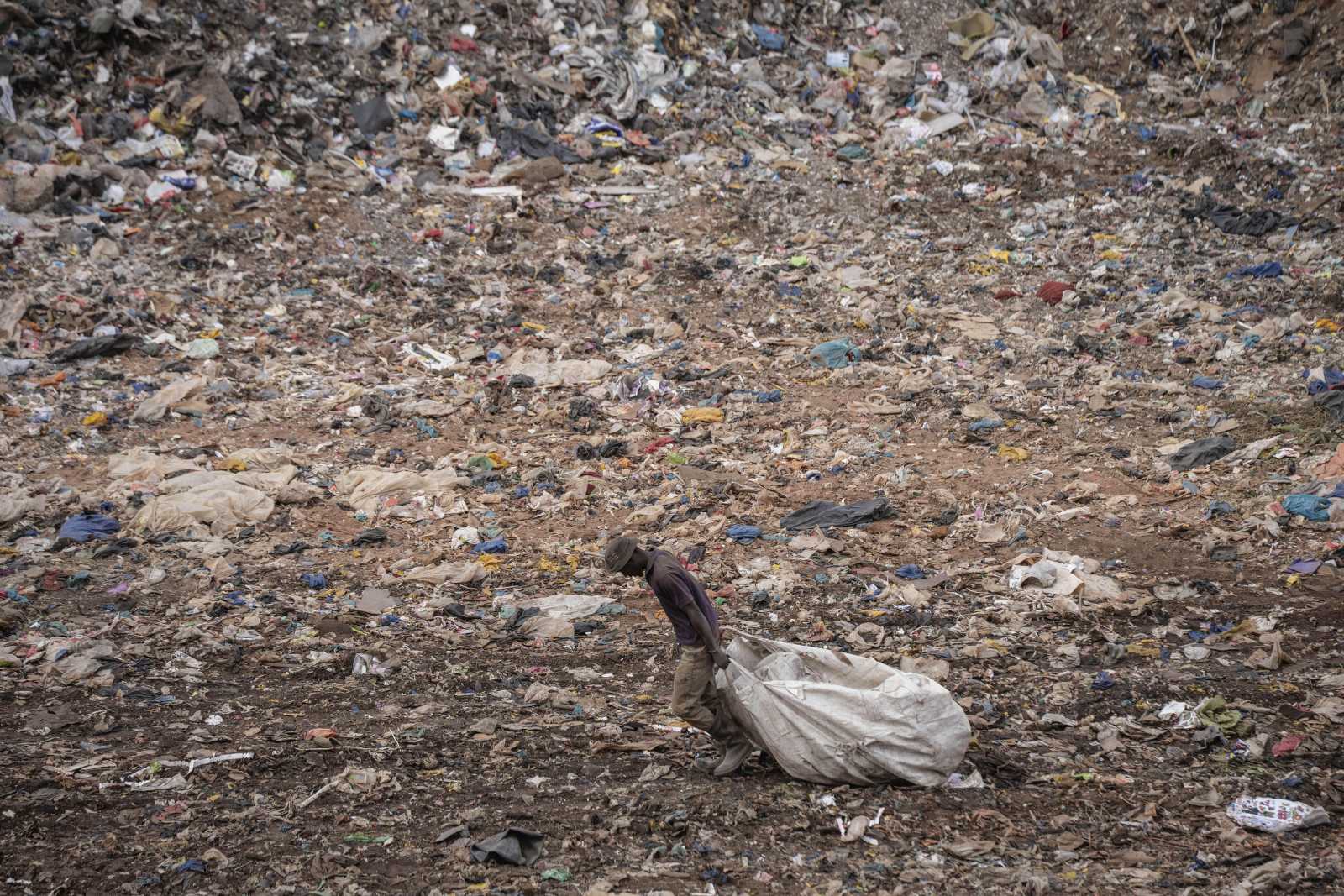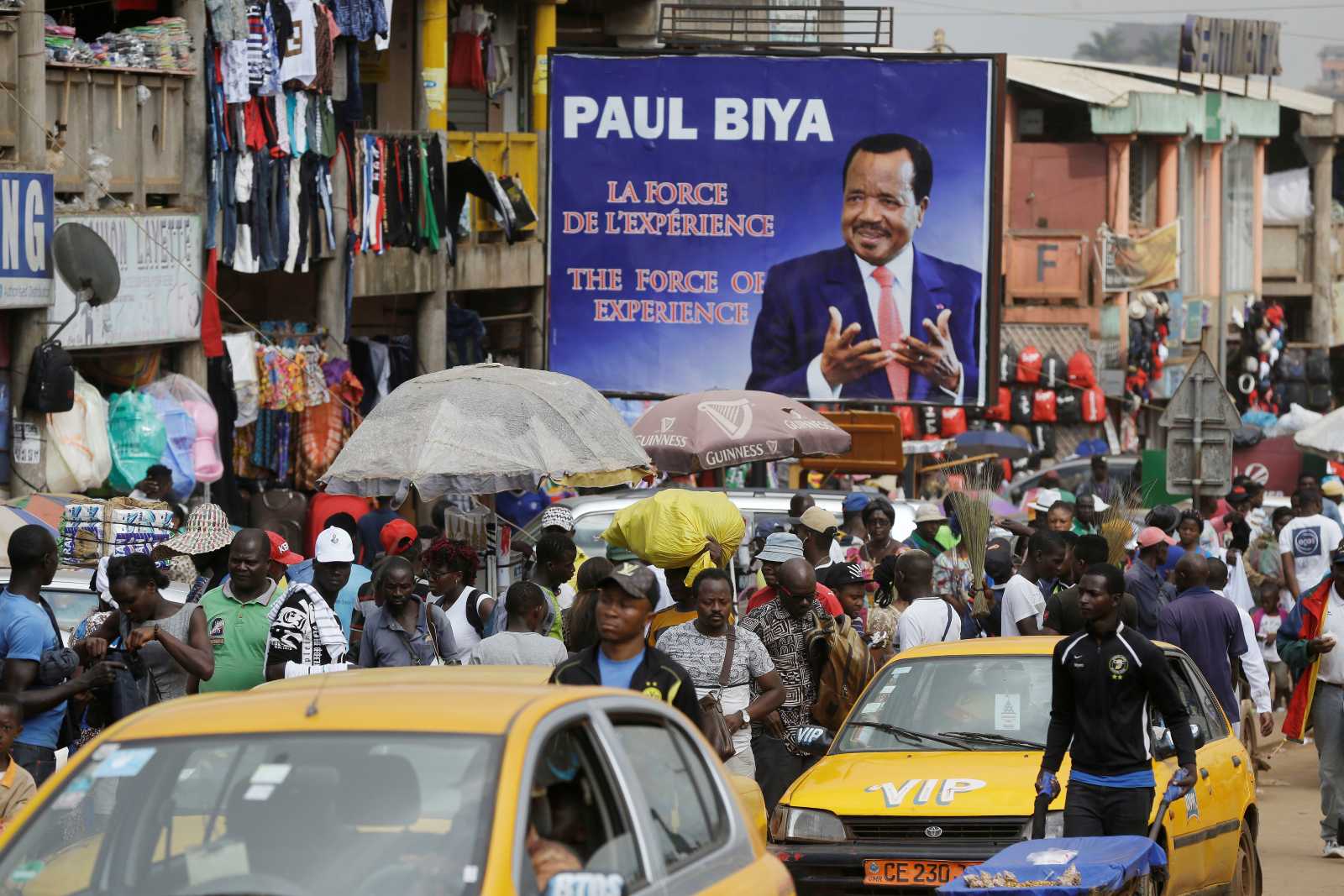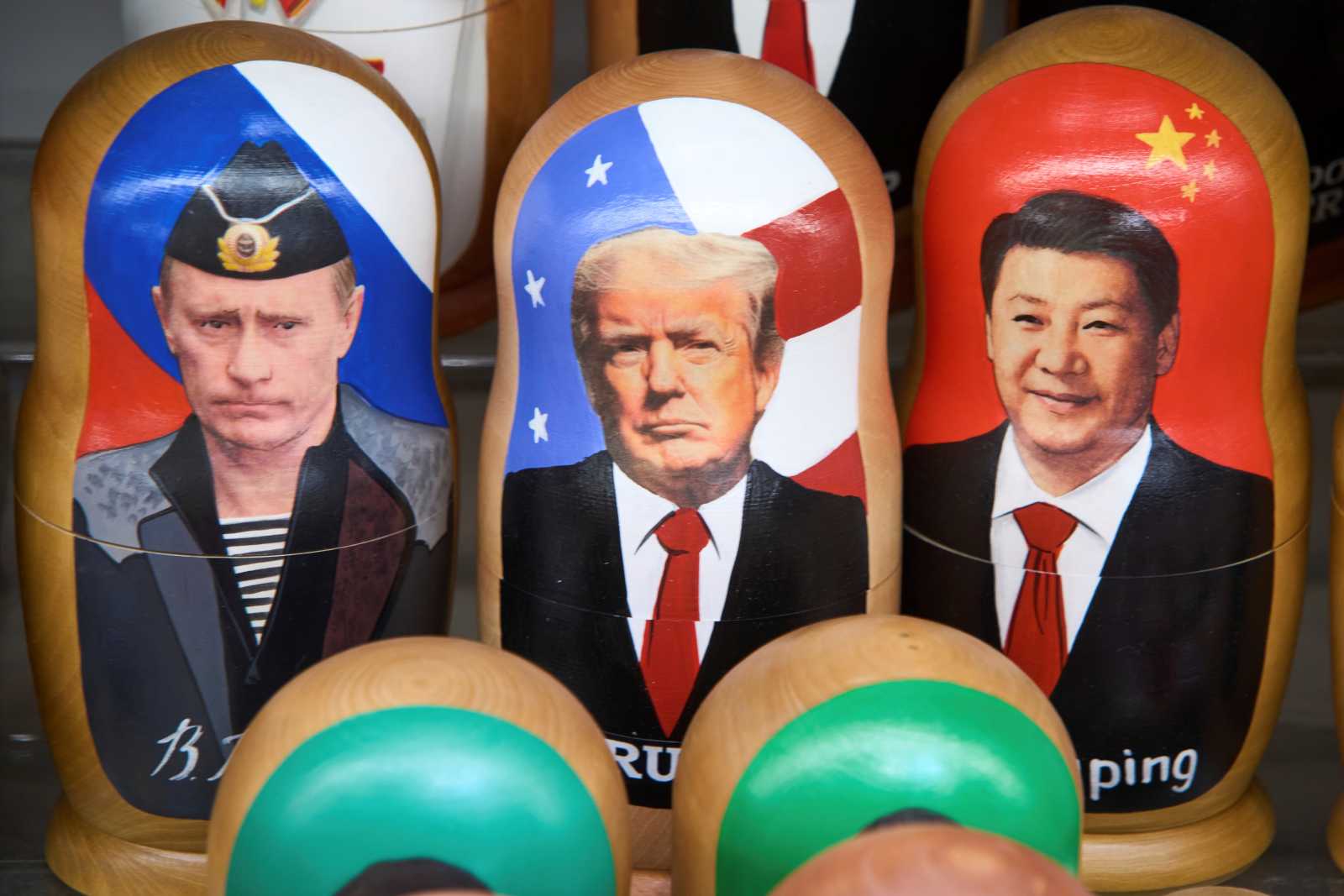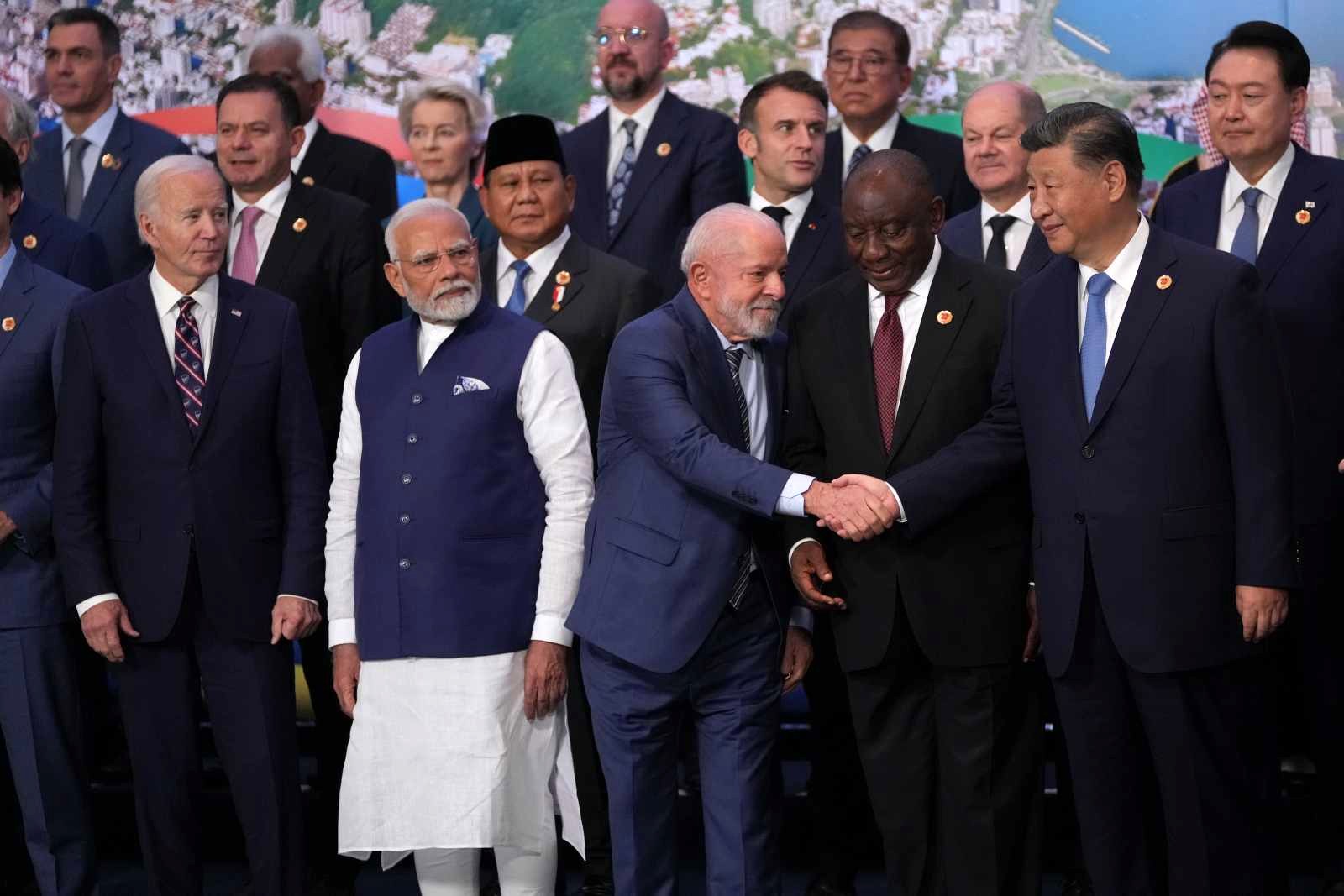Our view
The power of the billions

The pirates are back, and they have the rich and powerful in their sights: The skull and crossbones from the anime series “One Piece”, in which pirates wage war against injustice and abuse of power, is currently experiencing a revival. From Nepal and Bangladesh to Madagascar, Morocco or Peru, the famous pirate flag is being flown at protests involving the young generation in particular. It has seen governments fall and been spotted even at demonstrations against Donald Trump’s policies in the US.
However such movements may differ, what they all have in common is their anger at corrupt elites and growing inequality. And it’s hardly surprising that this frustration is now spiralling out of control given that the global concentration of wealth has reached gigantic proportions. Since 2015, the wealth of billionaires has more than doubled – whereas poverty is hardly decreasing any more.
The growing influence of the super-rich
People with huge amounts of money also have greater scope to exert political influence – which is exactly what they are increasingly doing, as Oxfam noted early this year. This may often be for the public good, for instance through foundations, donations or investments. However, all too often it’s mainly about securing and adding to their own wealth or pursuing their own political objectives.
In countries of the Global South, several places are dominated by elites whose influence is rooted in the injustices perpetrated during the colonial era. They hold land or natural resources, control political offices, influence the judiciary or the media. Elsewhere it is drug barons or large corporations that have politicians in their pockets. Those who can afford private security, as these elites can, have little interest in ensuring a basic level of social welfare. The result is a lack of progress for the majority of the population – and growing anger at those who thwart such progress.
It has long been impossible to ignore this fusion of wealth and power in the US, either. The super-rich plunged millions into Donald Trump’s election campaign and he governs in their interests, protecting fossil industries and trying to block the regulation of digital companies. Tech billionaires in particular have enormous power, as their platforms determine which issues achieve global visibility – and thus influence how people think and act. This unholy alliance of nationalist policymakers and tech elites poses a threat to the entire rules-based world order.
Although Europe remains one of the regions with the lowest levels of inequality, the rift between rich and poor is widening and the number of super-rich is on the rise here too. Here too, they seek to exert influence through lobbying or media power, or they opt to escape to tax havens. Within Europe, Germany is one of the countries with the highest concentration of wealth.
A threat to democracy
It’s bad for society, the climate and development when wealth gives rise to excessive political influence. Super-rich individuals with an awareness of their own responsibility are now actually calling for higher taxes on themselves. In 2024, the G20 discussed a global tax on billionaires; France is currently debating it for assets above € 100 million.
One thing is clear: excessive inequality destroys democracy. It is one of the most pressing problems of our time. If corruption reaps success and money can buy influence, this undermines trust in the political system. Policies that pander to the rich while the remainder of the population experiences growing poverty and uncertainty create fertile soil for populist forces – and quite often for authoritarianism.
Eva-Maria Verfürth is editor-in-chief at D+C.
eva.verfuerth@dandc.eu


















